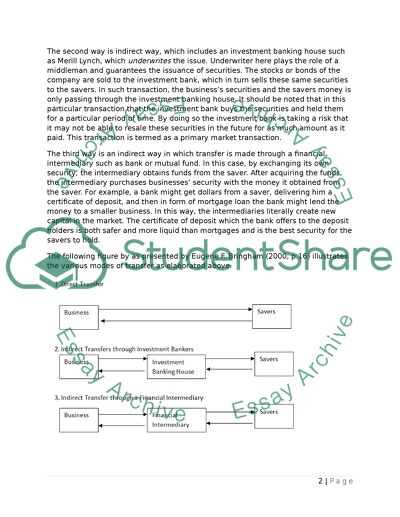Cite this document
(“Financial Intermediaries Essay Example | Topics and Well Written Essays - 1500 words”, n.d.)
Financial Intermediaries Essay Example | Topics and Well Written Essays - 1500 words. Retrieved from https://studentshare.org/other/1401929-financial-intermediaries
Financial Intermediaries Essay Example | Topics and Well Written Essays - 1500 words. Retrieved from https://studentshare.org/other/1401929-financial-intermediaries
(Financial Intermediaries Essay Example | Topics and Well Written Essays - 1500 Words)
Financial Intermediaries Essay Example | Topics and Well Written Essays - 1500 Words. https://studentshare.org/other/1401929-financial-intermediaries.
Financial Intermediaries Essay Example | Topics and Well Written Essays - 1500 Words. https://studentshare.org/other/1401929-financial-intermediaries.
“Financial Intermediaries Essay Example | Topics and Well Written Essays - 1500 Words”, n.d. https://studentshare.org/other/1401929-financial-intermediaries.


